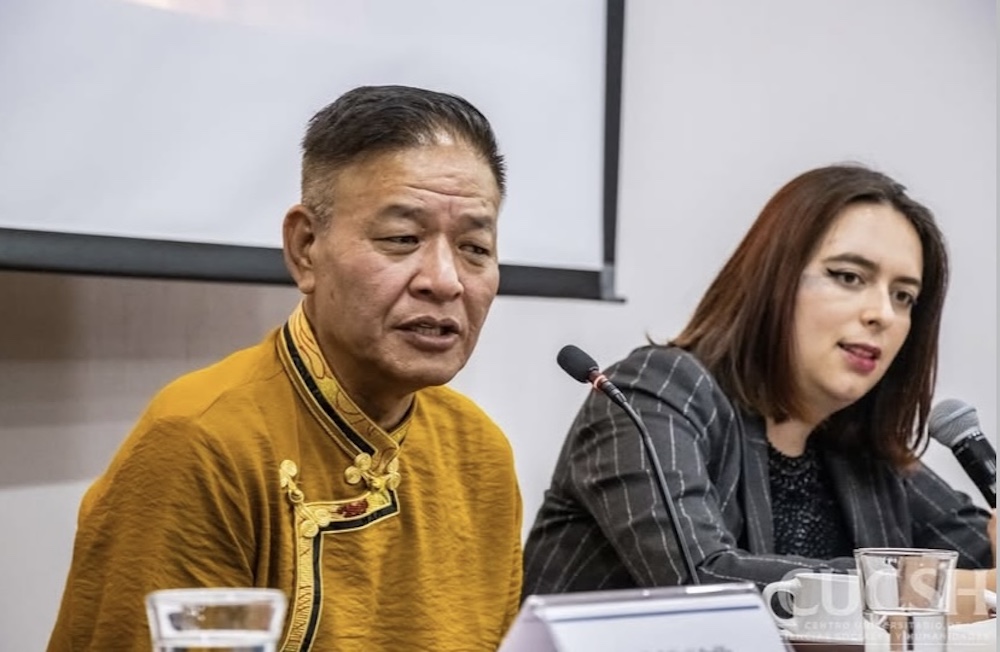Tibetans in different parts of India gathered today to mark the 44th anniversary of democracy in exile.
Speaking on the occasion, Kalon Tripa Samdhong Rinpoche, administrative head of the Tibetan Government-in-Exile, stressed the importance of reforms, and said once the change stops a society or a political system will slide into a state of moribundity.
The beauty of democracy, he said, is that it gives people the right and ability to unleash the forces of change and reforms.
“Realizing this, His Holiness the Dalai Lama advised me to direct my efforts toward reforms when I took the oath of office as administrative head.”
The Kashag (Tibetan cabinet), in turn, has reviewed the policies, organization and administrative system of the Tibetan Government-in-Exile, and made every effort to effect reforms, irrespective of whether or not this would strike a populist note among the public and bureaucracy alike.
“Keeping the vision of His Holiness the Dalai Lama and the Tibetan people’s cause and interests in mind, the Kashag has dared to think, dared to speak, and dared to act.”
“As a result, we believe we have been able to bring some changes and innovations over the past three years. If these changes are allowed to gain momentum without obstacles, we will see considerable results in the coming decades. Of this, I am certain,” Rinpoche said.
On Tibet-China relations, Rinpoche said he is making efforts to maintain the new contact with the Chinese leadership, hoping that it will lead to a positive outcome for both the sides.
Thanking the Tibetan people for their cooperation in building an atmosphere of trust with China, Rinpoche expressed concerns that he was noticing a slight setback among the public in perpetuating this positive gesture.
But as long as the Tibetan issue remains unresolved, the Tibetan people must preserve their tradition, culture and identity which our forebears have cherished more highly than their lives.
Knowing that the preservation of the Tibetan identity and culture can take place only if the Tibetans in exile are able live together in cohesive communities, the Kashag is endeavoring to build a sound base for the spiritual and material growth of Tibetan settlements in India, he said.
Rinpoche said the Kashag is also exploring means to facilitate the preservation of Tibetan culture and religion among the Tibetans in western countries.
This effort includes creating conditions for the Tibetan children in western countries to study their language and other appropriate academic disciplines, Rinpoche said.
The democratization of the Tibetan community in exile was initiated by His Holiness the Dalai Lama soon after he came into exile in 1959.
For years, the Tibetan people resisted his initiative, fearing that it would deprive them of the guidance of His Holiness the Dalai Lama in this traumatic period in Tibet’s history.
Nevertheless, His Holiness persisted in urging people’s direct participation in decision-making, warning that relying on a “single individual” would prove to be an act of suicide.
Finally, in 2001 the Tibetan people went to the polls to elect their political leadership. This so pleased His Holiness the Dalai Lama that he termed it the crowning glory of the achievements of exile Tibetans.









